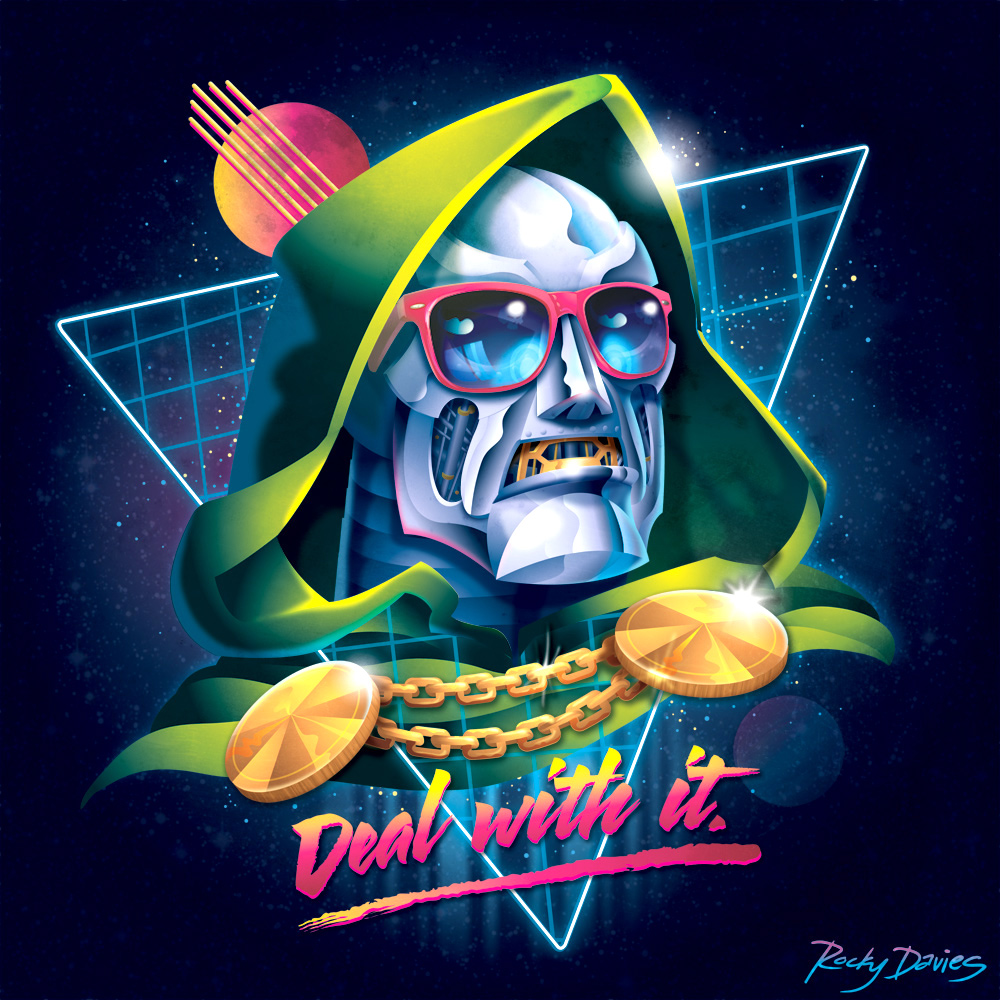“Dare one ask how long the Viet Minh or the Viet Cong would have lasted, first against the French, and then the U.S.A., the greatest military power in the history of the world, across twenty years of battle, if they had had to contend simultaneously with a F.A.I. plus a combination of quasi-Trotskyists such as the P.O.U.M. The answer to that should be obvious.
[….]
This was hardly the case, however, with the Ultras of the Partido Obrero Unificado Marxista, or P.O.U.M. In the words of dogma they ‘had little to lose and a world to win.’
The P.O.U.M., the Party of Nin, Andrade, Gorkín and Maurín was, like the P.S.U.C., an amalgam of a number of small Left parties. Its political base was supposedly Marxist; a significant part of its leadership, however, leaned toward Trotskyism.
To the P.O.U.M. and similar groups—to the delight of the Fascist-Military and establishment historians across the years—all who were not POUMIST or ANARCHIST were COMMUNIST and STALINIST. The Government of Caballero was Stalinist controlled, as was the new ‘People’s Army’ and all other armed forces of the Republic. George Orwell, in the jargon of his ‘sources,’ even refers to the Assault Guards as ‘Stalinist troops.’ The program of the Stalinists, according to the P.O.U.M., was to destroy all true Marxists such as themselves, annihilate their hoped-for associates in counter-revolution, the Anarchists, and either create a totalitarian police state of the Stalinist variety, or return the hard-won gains of the July ‘revolution’ to the Spanish bourgeoisie—who were also ‘Stalinist controlled.’
To them the war seems to have been but an unreal shadow ‘happening.’ Something which they preferred not to discuss seriously or in its proper context, such as what its loss would mean to all the Spanish people. Indeed, the simplistics of their position suggests that they were incapable of lifting their polemics above the level of dogma—lest this negate pat conclusions which only had meaning if the war itself had no meaning.
Poumist or Faista thinking: that all not derived of themselves was essentially counterrevolutionary, and therefore to be fought more bitterly than they ever fought the real enemy, seems to have ignored the very perilous possibility of a Fascist victory over every segment of the Left, plus the Spanish people as a whole. Forcing the question: ‘Would not that ‘Bourgeois Republic’ with all its faults, the one to which the Left-Socialists and Communists had supposedly sold out; the one that had won the electoral victory in February by a quite narrow margin—would not it still be preferable to the Spanish people than the horror of a Fascist victory?’
Apparently not, to the Extremists of the F.A.I. and the P.O.U.M., that is. Indeed they were willing to risk this possibility, ignoring all referendums past or present. For to them both Fascism and the Popular Front Government of the Spanish Republic were but two sides of the same coin.”
– Arthur Landis, “Spain: the Unfinished Revolution”
Arthur Landis on the Sectarianism of the POUM
By
Armed Struggle, Capitalism & Bourgeois Liberalism, Capitalist Restoration and Counterrevolution, Class Struggle, Communist Party of Spain (PCE), Europe, Fascism, Fascist Massacres, History, How Will Communism Work, Internationalism, Lies & Propaganda, Marxism-Leninism, Myth-Busting, National Liberation, Polemics & Refutations, Reactionary Watch, Revisionism, Revolutionary Quotations, Social-Democracy, Social-Fascism, Socialist Revolution, Spain, Theory, Trotskyism

